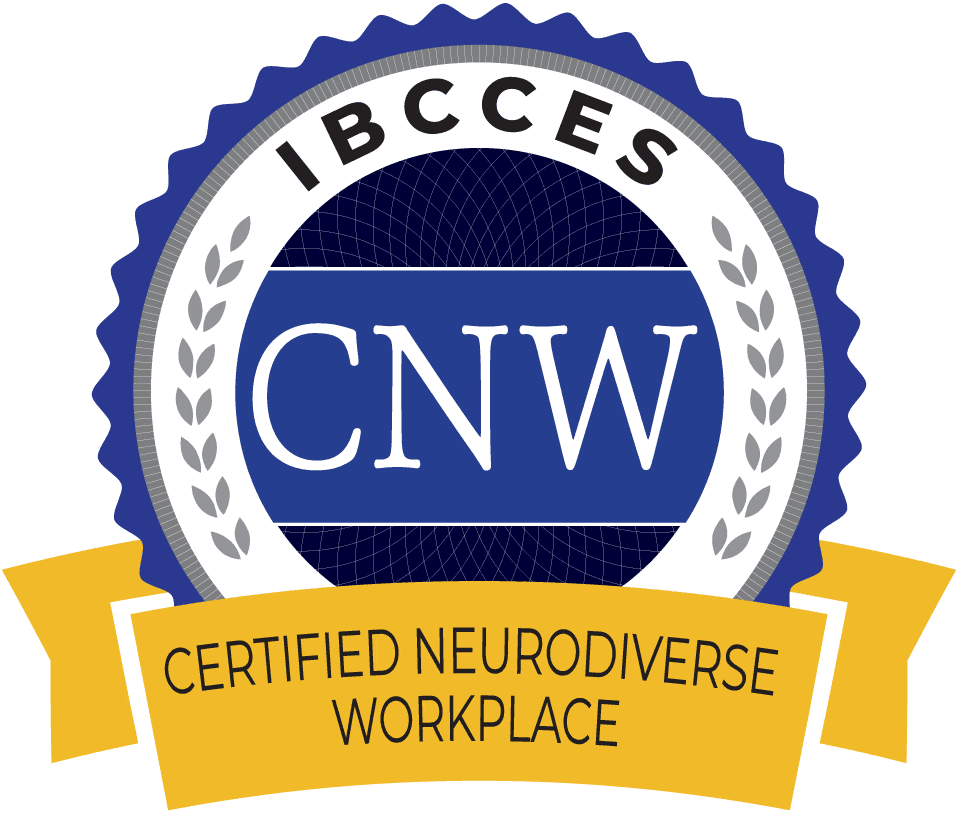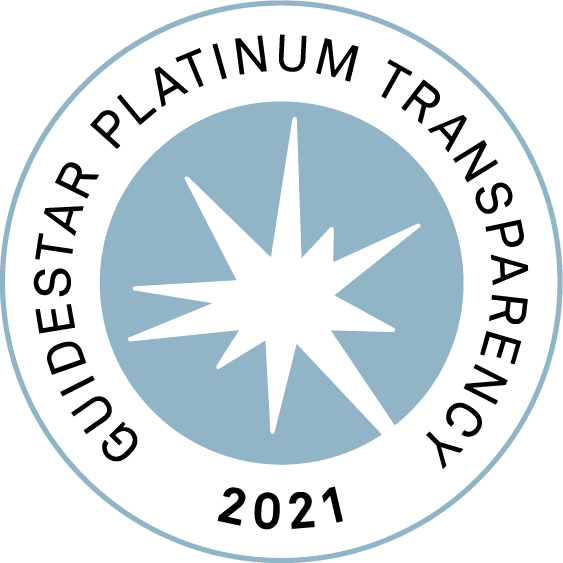Ethical Storytelling for Entrepreneurs: Core Eight Principles

Caravanserai Project has always valued the vital aspect that storytelling holds when it comes to entrepreneurship and the small business sector. We recognize that it shapes perceptions, influences actions, and can drive social change, and with these nuances comes a responsibility to tell stories ethically. Respecting the dignity and agency of those whose stories we share is critical to Caravanserai Project’s mission.
Kristen Caloca, Vice President of Cause Communications and a seasoned social impact communications leader, was the guest of our May edition of the 2024 Caravanserai Project Webinar Series, Better Stories Lead To Bigger Dollars: Communicating Your Impact Through Ethical Storytelling.
Ethical storytelling is about more than just a way entrepreneurs, both for profit and nonprofit, are sharing compelling narratives. It is about sharing stories in a way that respects and honors the individuals involved. As Caloca emphasized, “The stories don’t belong to your organization; they belong to the individuals who share them with you.” This fundamental principle ensures that the storytellers maintain control over their narratives and are not exploited.
Here are eight core principles we should all keep in mind when sharing the stories.
Ownership and Agency
The story belongs to the individual. This means they have full control over how their story is shared and used. Ethical storytelling respects this agency at every step.
Care-First Approach
Adopt a care-first approach that prioritizes the well-being of the individual. This involves ensuring that the storytelling process does not cause harm and supports the individual’s healing journey. Caloca points out that storytelling can either facilitate healing or retraumatize, depending on how it is handled.
Consent
Consent must be ongoing and flexible. It’s not a one-time action but a continuous process of ensuring the individual is comfortable with how their story is being used. Revisit consent regularly to honor the individual’s evolving perspective.
Avoiding Saviorism
The organization should not position itself as the hero of the story. The focus should be on the individual’s journey and achievements, with the organization playing a supportive role.
Reflecting Nuanced Realities
Ethical storytelling involves sharing diverse and nuanced stories that reflect the real, often non-linear paths people take. This helps avoid reinforcing stereotypes and acknowledges the complexity of individuals’ experiences.
Language Matters
Language is a crucial element in ethical storytelling. Caloca stresses the importance of using language that centers on the dignity and strengths of individuals, rather than defining them by their challenges. This is known as asset framing. For instance, instead of saying, “We help at-risk youth in marginalized communities,” an asset frame would be, “We help young people overcome obstacles and achieve their dreams.” This shift in language helps avoid stigmatization and highlights the individual’s potential and aspirations.
Mitigating Reputational Risk
For organizations, ethical storytelling is not just the right thing to do; it also mitigates reputational risk. Telling stories in a respectful and dignified manner aligns with an organization’s mission and values. It ensures that the organization’s narratives do not inadvertently harm the individuals they aim to support, thereby avoiding reputational damage.
Supporting Healing
Ethical storytelling can play a significant role in an individual’s healing process. By allowing individuals to share their stories in a safe and supportive environment, organizations can help them feel seen, heard, and understood. This can be incredibly empowering and contribute positively to their healing journey.
Each of these eight steps can provide a nuanced understanding in how to conduct ethical storytelling, however, people are not monolithic, and it remains critical to be fluid with your participants and storytellers. Businesses and organizations can tell powerful stories that drive social change while respecting and honoring the individuals at the heart of these narratives. As Caloca aptly put it, “The process of collecting the story is just as important, if not more important, than the outcome.” This mindset is essential for ethical storytelling that truly makes a positive impact, and we at Caravanserai Project are grateful to continue to learn new and pivotal methods that usher in respectful and vital moves to creating a more sustainable method of storytelling.
Learn more about Kristen Caloca’s work and Cause Communications here. If you want to learn more, please check out the recording of the webinar here.
Program funded by Riverside County Nonprofit Assistance Fund (RCNAF). The Fund was established to build on the County’s efforts to strengthen, expand, and support the local nonprofit sector which has played a critical role in the pandemic response. This work was initiated with Coronavirus Aid, Relief and Economic Security (CARES) funding in 2020-2021, in the form of small grants to support financially impacted nonprofits. The program equally benefits from the support provided to Caravanserai Project by the California Office of Small Business Advocate.




